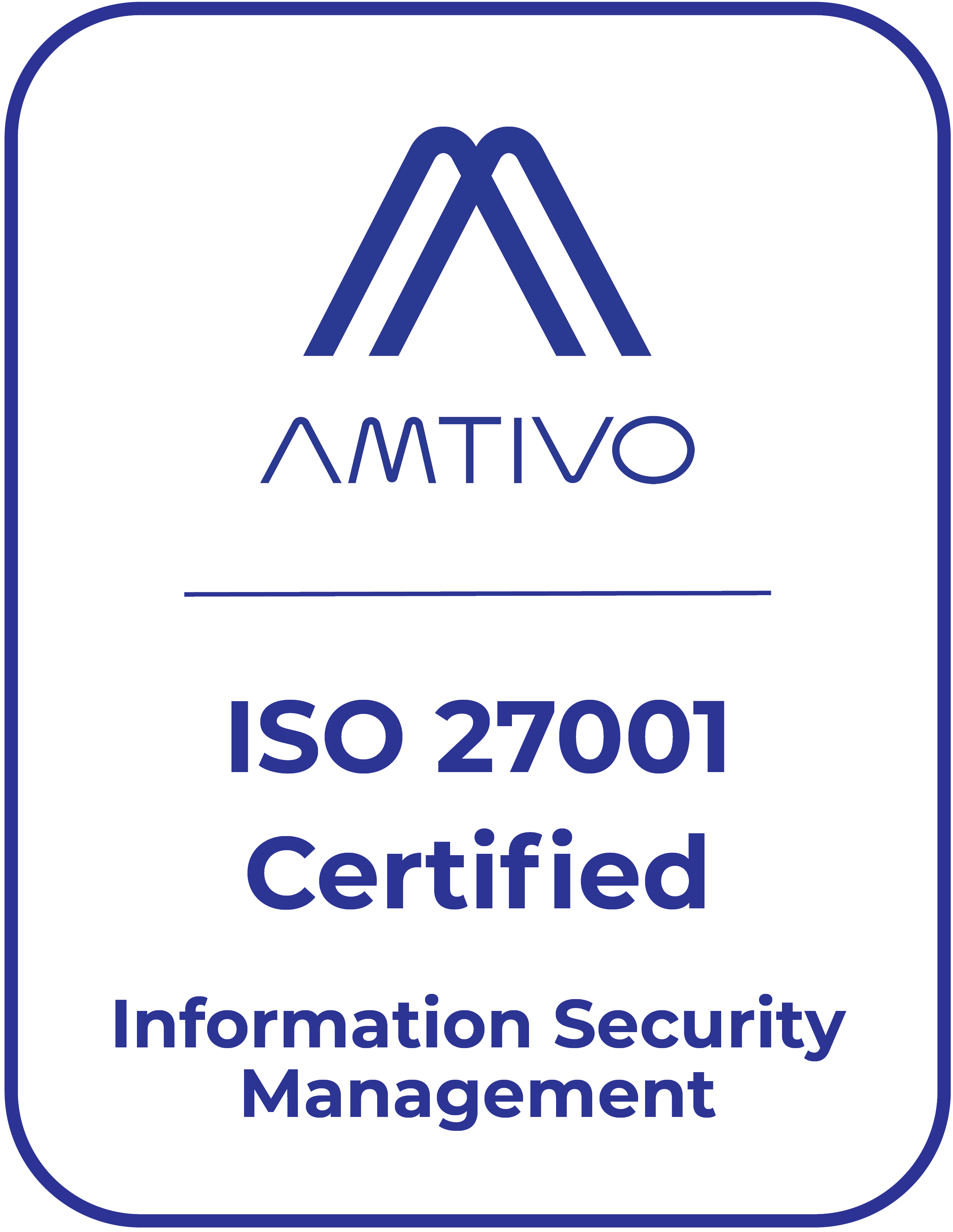Client update October 2022
We continue to provide our services to a wide range of sectors. Recently, we are delighted to welcome Duke NUS in Singapore and CARIRI in Trinidad to our client list.
Duke-NUS
The Duke–NUS Medical School (Duke–NUS) is a graduate medical school in Singapore. It is a collaboration between Duke University in the United States and the National University of Singapore in Singapore, with internationally recognised research contributing to Singapore’s biomedical landscape, health systems, and biopharmaceutical industries.


Caribbean Industrial Research Institute (CARIRI)
The Shaping the Future of Innovation Project is a partnership between the government of Trinidad and Tobago through the Ministry of Planning and Development, the European Union (EU) and IDB Lab in collaboration with the Caribbean Industrial Research Institute (CARIRI) as the project implementing partner. The project is financed by the European Union and the IDB lab.
AIMS grant administration services
We work with delivery partners to provide full or partially outsourced administration and operational delivery of your grant programmes. Read more about the grant administration services offered by our expert team.
Working in partnership with experts in their own field, we create bespoke solutions for organisations of all sizes. Whether you need to relieve admin pressure on your team, buy-in our expertise, or create an arms-length programme for accountability purposes, we are here to help.

